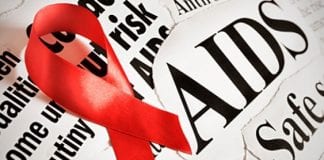The Belize Agricultural Health Authority (BAHA) and the Ministry of Agriculture, Food Security, and Enterprise (MAFSE) have raised the threat level of the New World Screwworm (NWS) to “extremely high” following its continued spread across Central America.
Both Guatemala and Mexico have confirmed cases of the pest, which poses a significant threat to livestock and agriculture.
In response to the heightened risk, Belize implemented new regulations aimed at strengthening preventive measures against the NWS. Statutory Instrument 143 of 2024, which came into effect on November 8, focuses on the prevention, control, and potential eradication of the pest. These regulations include strict protocols to monitor and manage the movement of animals, including mandatory inspections and certifications for livestock.
The key preventive measures outlined in the new regulations include:
- Immediate reporting of any cases of myiasis (larval infestation of wounds) to BAHA, MAFSE, or healthcare providers.
- Physical inspections of small stock and livestock, which must have a valid NWS Health Inspection Certificate and Movement Permit.
- Ensuring that the movement of all livestock occurs during daylight hours.
- Declaration of all animals, including pets, upon arrival at Animal Movement Control Points.
- The importation of animals is only allowed with prior approval from BAHA and through established entry points.
Failure to comply with these regulations will result in legal consequences, including fines up to $5,000, imprisonment for up to three years, or both. The Belize Agricultural Health Authority has emphasized the importance of collaboration from all stakeholders, including producers, transporters, and the public, to ensure the island remains free from this destructive pest.
BAHA also cautioned that the NWS has been spreading rapidly throughout Central America due to the illegal movement of animals, and Belize’s enforcement of these regulations is critical to preventing the pest from establishing itself in the country.














